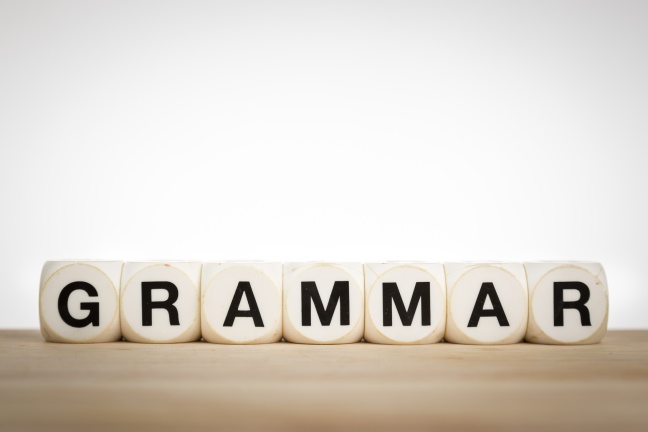
Pronoun-Antecedent agreement means that any pronoun used in a sentence must agree with the noun that it is referring to and with the verb following the pronoun. It is important to note that pronouns must refer to specific nouns in the sentence i.e., the noun being referred to must be clearly stated to avoid ambiguity.
The following indefinite pronouns are singular and must be used with a singular verb: another, anybody, anyone, anything, each, either, everybody, everyone, everything, one, somebody, neither, nobody, no one, someone.
For example
Each of the writers is required to be there by 10:00.
The following indefinite pronouns are plural: both, few, many, several, etc.
Many writers arrived early.
The following can be singular or plural: all, any, half, more, most, part, some.
For example
All the furniture is in its original condition.
All the students have received their prizes.
Subjects joined by “AND’’ form a compound subject and require a plural pronoun.
For example
Dayo and Derin are friends.
When two singular subjects are joined by ‘‘or’’ or ‘‘nor’’, we use a singular pronoun.
For example
Neither Dayo nor Derin will write.
Personal pronouns must agree in person with their antecedents. Majority of indefinite pronouns are in the third person; thus, a third person pronoun is required.
Everyone should go to his or her classroom.
Note: when we have two subjects connected by ‘‘either…or’’, the pronoun should agree with the closer noun.
Either the teacher or the students will get their drinks.
Either the students or the teacher will get his drink.
